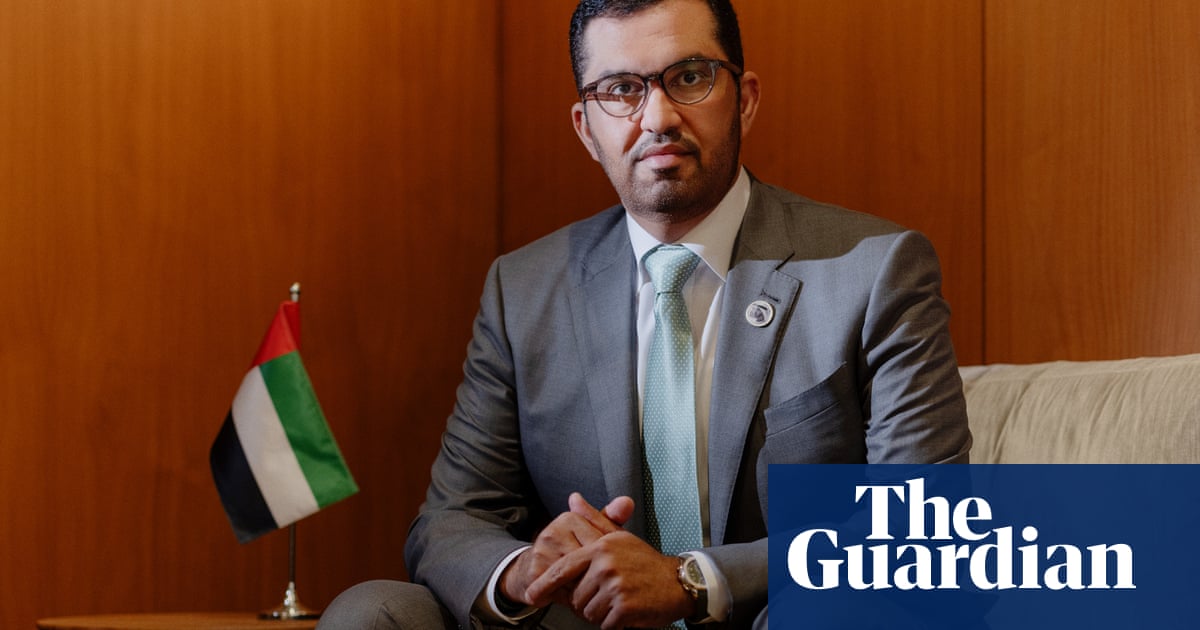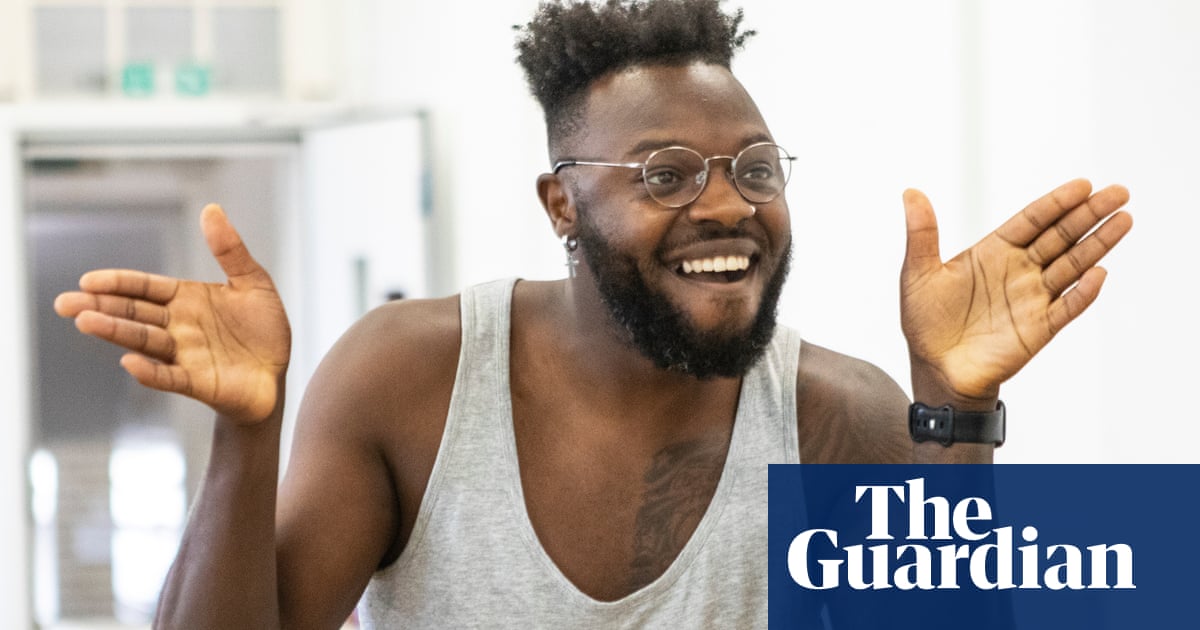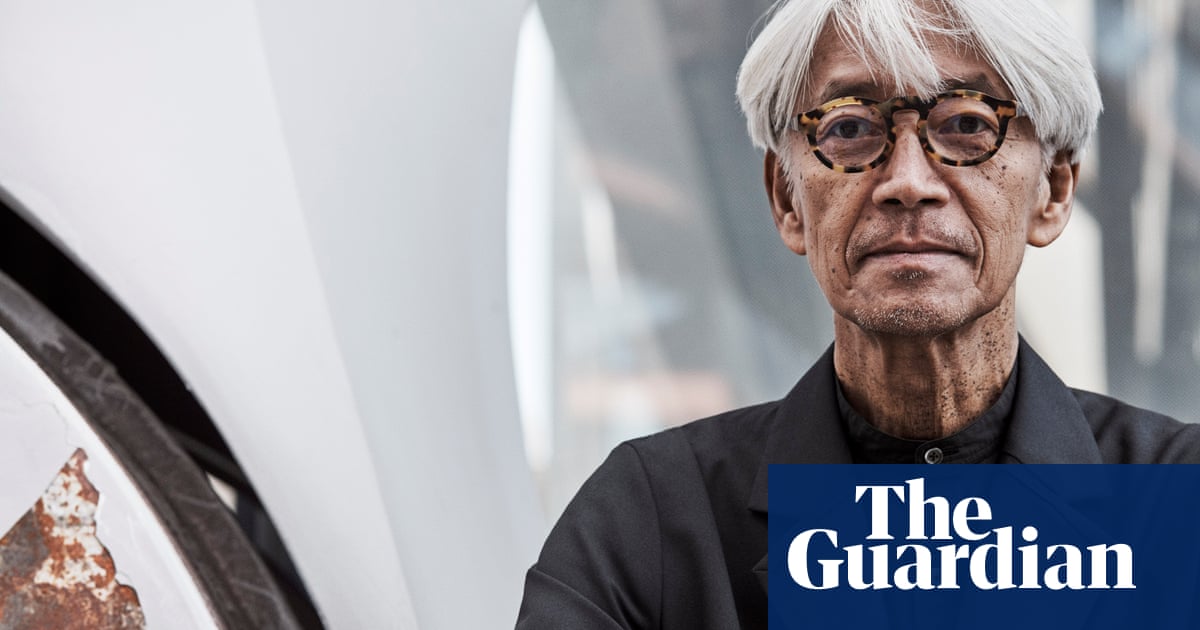
Nigeria boss has turned the fortunes of the Super Eagles around in his two years as coach.
Side finds itself in a well-balanced group with Argentina, Iceland and Croatia.
MOSCOW: In Porte Alegre, four years ago, Nigeria and Argentina played out a scintillating first-round 2-3 result. Lionel Messi and Ahmed Musa both scored twice in a celebration of the game’s finest feature — the desire to attack. Instead of playing out a mutually, beneficial draw, the Super Eagles and the Albiceleste entertained, progressed to the knockout stages and lit up the tournament. Argentine fans chanted in the stands: “You’ll see Messi bring the cup back to us.”
Nigeria coach Gernot Rohr will not mind a similar outcome on June 26 in St. Petersburg. For a fifth time in six World Cups, Nigeria will meet Argentina at the finals. It is almost a jinx, but Rohr takes it sportingly. “It is a series, it’s crazy!” Rohr said.
“Nigeria has played Argentina several times at the World Cup. We know the team, because we played them recently in a friendly. With (Lionel) Messi they can beat anyone. They were vice-champions of the world and perhaps this time they have the opportunity to realize their dreams. They lost 1-0 against Germany in Brazil. It’s the last chance for this generation to become world champions. It’s one of the best teams in the world for me.”
Nigeria will be truly tested in their opening game against Croatia and six days later against Iceland in Volgograd. These European outfits will pose sterner opposition than Iran and Bosnia-Herzegovina did in Brazil.
“The group is balanced but Argentina is the one and clear favorite,” assesses Rohr. “Our objective is to play good football and get out of the group. Croatia are a complete team and they can beat the best. They can play very well and they have one of the biggest players in Europe (Luka Modric). They have already shown that, but we have nothing to lose in that game. In the first game, no one exactly knows. Anything is possible.
“I watched Iceland in France and they beat England in the round of sixteen. They have a very good team. In our group this team is supposed to be the third one as they come from Pot 3. Croatia was in Pot 2. We were in Pot 4. We can only be an ambitious outsider.”
Rohr’s words are a conscious attempt to lower expectations. The German was a surprise appointment in 2016 after Nigeria failed to reach the 2015 African Cup of Nations, but he quickly built a functional and compact team. The Nigerians breezed through the World Cup qualifiers, the first African team to qualify for Russia topping a daunting group with continental powerhouse Algeria, reigning African champions Cameroon and Zambia. They only lost a game against Algeria after fielding Abdullahi Shehu, an ineligible player. The Super Eagles hammered neighbors Cameroon 4-0 in a crunch game before sealing qualification with a 1-0 win against Zambia.
“The Cameroonians made a mistake of pushing up and opening up at the start of the match,” explains Rohr. “They played with four forward and it was our opportunity to counter on home soil. It was easier to score than against South Africa, who played very defensively. The fact [was] that Cameroon absolutely wanted to win and didn’t have the patience to wait and defend well at first. They were punished.
“My mission was to build a new team with young players. Unfortunately, Nigeria missed two African Cup of Nations tournaments. I wanted to see young players. We have the youngest squad of the qualified World Cup teams with an average of 24.9 years. It’s wonderful. The risk to select young players was a good decision.”
Rohr tries to balance that youthfulness by integrating experienced players across his 4-2-3-1 formation.
“I try to instil each line of the team with a little experience: Leon Balogun in defense, John Obi Mikel in midfield and up front (Odion) Ighalo or Victor Moses,” says the Nigeria coach.
“They can help the young players to perform well and in critical game situations.”
During the qualifying campaign he introduced Wilfred Ndidi, who moved in a £17 million deal from Genk to Leicester City, to anchor the midfield, alongside Trabzonspor’s Ogenyi Onazi.
“Ndidi was one of the younger players whom I invited in my first game against Tanzania,” explains Rohr. “In the second game against Zambia I played him at the very last moment in the position of right-back. It was not his position, but he did well. After that he never left the team. Ndidi has a 100 percent professional mentality and he works all the time. He does all the time what the coach asks. He is very disciplined and committed.”
The Leicester player brings physicality and a measure of pace to the team. His pressing and positional awareness are crucial to the team’s organization. Rohr has often stressed that Nigeria need to be organized and can no longer rely on individuality, the likes of Arsenal’s Alex Iwobi, Leicester City’s Kelechi Iheanacho and Chelsea’s Victor Moses, who provide attacking prowess across the frontline, behind striker Ighalo from Chinese club Changchun Yatai.
This talented crop of youngsters has been likened to Nigeria’s golden generation of the mid-90s, who won gold at the 1996 Olympic Games in Atlanta and defeated Spain 3-2 in a World Cup classic two years later in France. That generation boasted Nkwanko Kanu, Sunday Olizeh, Jay-Jay Okocha and Taribo West. Rohr’s team is also top-heavy, but Rohr, aware of the hype around his Nigeria, downplays any comparison. “The generation of the mid-90’s was exceptional,” says Rohr. “They are not yet at the same level. They have to work and they have to do much more to progress. The World Cup will be the opportunity to show something great. I think they can do it, but they are very, very young. It will be difficult to play experienced opponents with our youthfulness and our dynamic football, but they can do very well. They are not at the level of the generation of the 90’s yet.”












